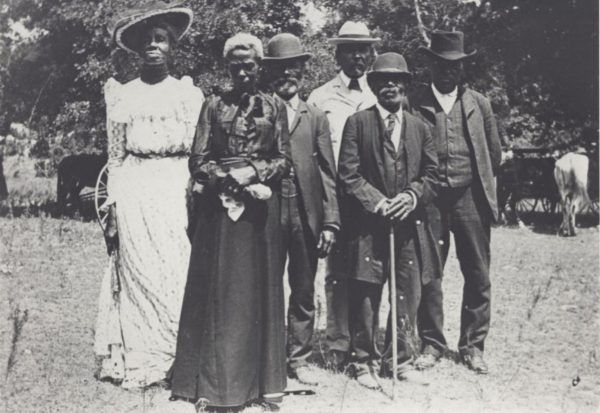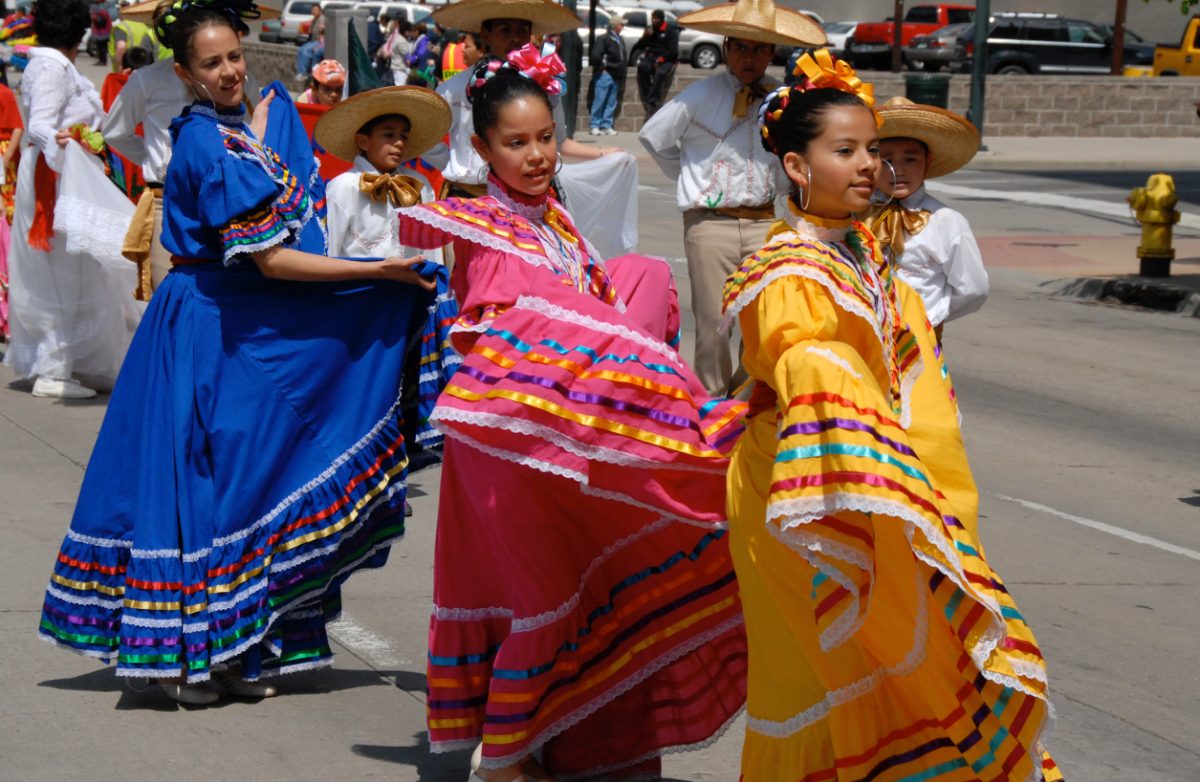This historic celebration, which is nicknamed America’s second Independence Day, marks the end of slavery in the United States. It holds profound significance in American history, as it is rooted in the liberation of enslaved African Americans. This annual celebration commemorates the announcement of freedom in Galveston, Texas on June 19, 1865. General Gordon Granger’s proclamation marked the end of slavery in the last Confederate state.
Troops arrived in Galveston, Texas to take over control of the state and secured the freedom of all slaves. Juneteenth is now the oldest celebration commemorating the end of slavery. However, Juneteenth represents more than just a historical event; it represents resilience, cultural heritage, and the ongoing fight for equality.
African Americans felt great relief after hearing their emancipation was tangible, but they were also met with new issues of post-slavery America. Despite being legally free, many former slaves faced great challenges as they struggled to build new lives for themselves and their families. Discrimination, economic exploitation, and violence remained present, eroding the American promise of freedom and equality.

Programs were later created to help freed slaves. For example, the Freedmen’s Bureau, which was created in 1865 after the Civil War, assisted in helping former enslaved people transition from slavery to citizenship.by collecting millions of records of formerly enslaved African Americans.
Over the decades, Juneteenth moved from a Texan holiday into a nationwide celebration of African American freedom and achievement. Juneteenth was signed into law on June 17, 2021 by President Biden to be recognized as a national holiday.
Juneteenth is often celebrated with community gatherings such as parades, festivals, picnics, barbecues, and music performances. Other communities organize lectures, art exhibits, and discussions about African American history and culture. Food served is often traditional like barbecue and soul foods. It’s a day for both celebration and reflection on the progress made and the work still to be done towards racial justice and equality.
Juneteenth marks a vital shift in history in which the lives of many were changed. Not just for those who lived during that time but also for many generations to come after. As former president Barack Obama states, “Juneteenth has never been a celebration of victory, or an acceptance of the way things are. Instead, it’s a celebration of progress. It’s an affirmation that despite our most painful parts of our history, things do get better, America can change.”









